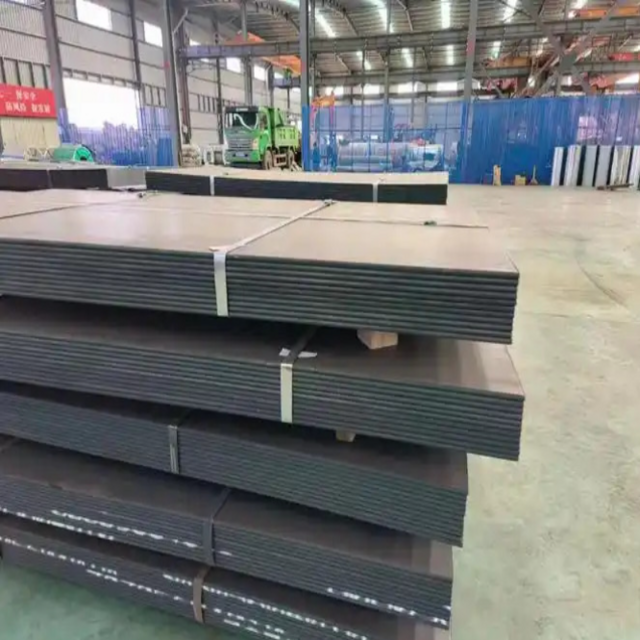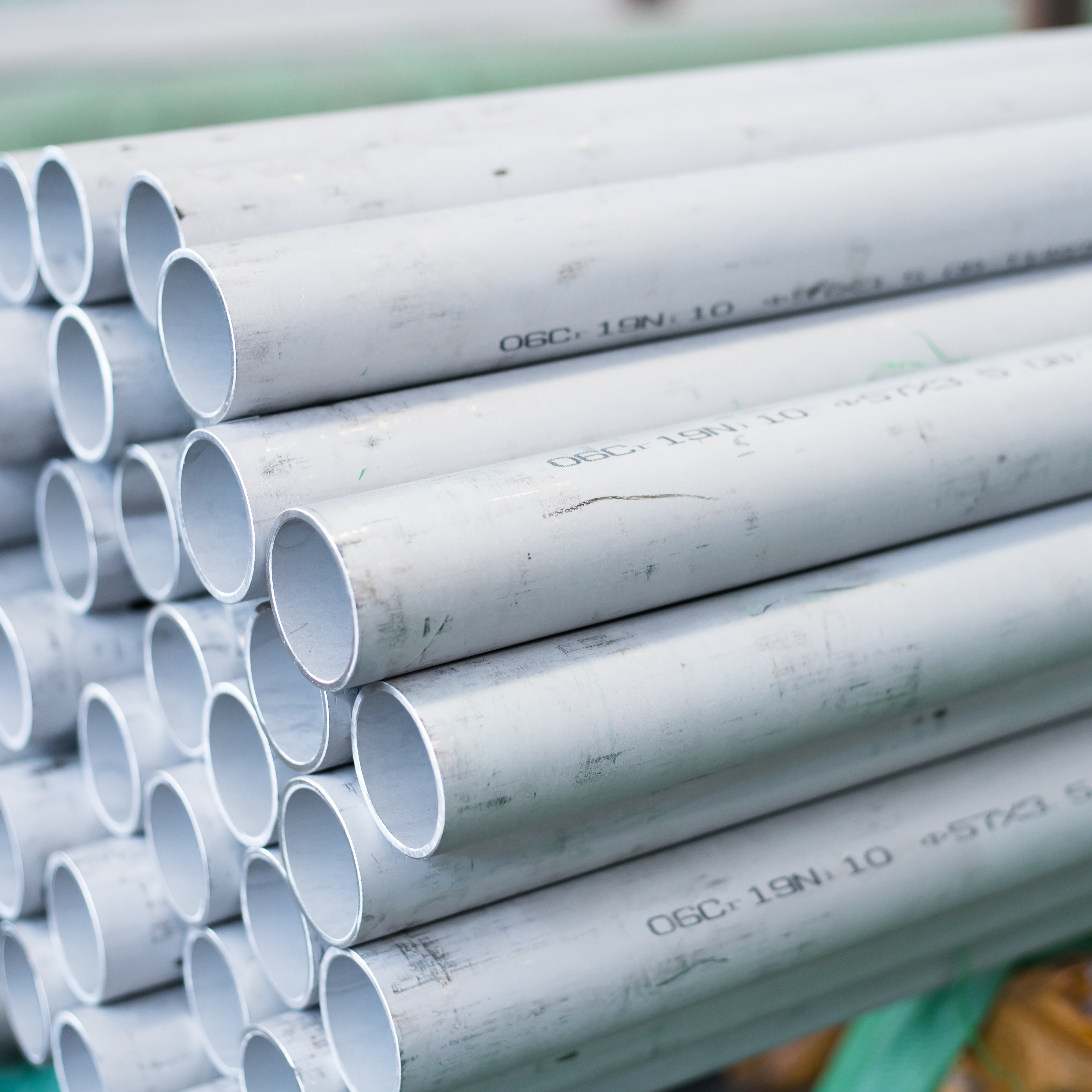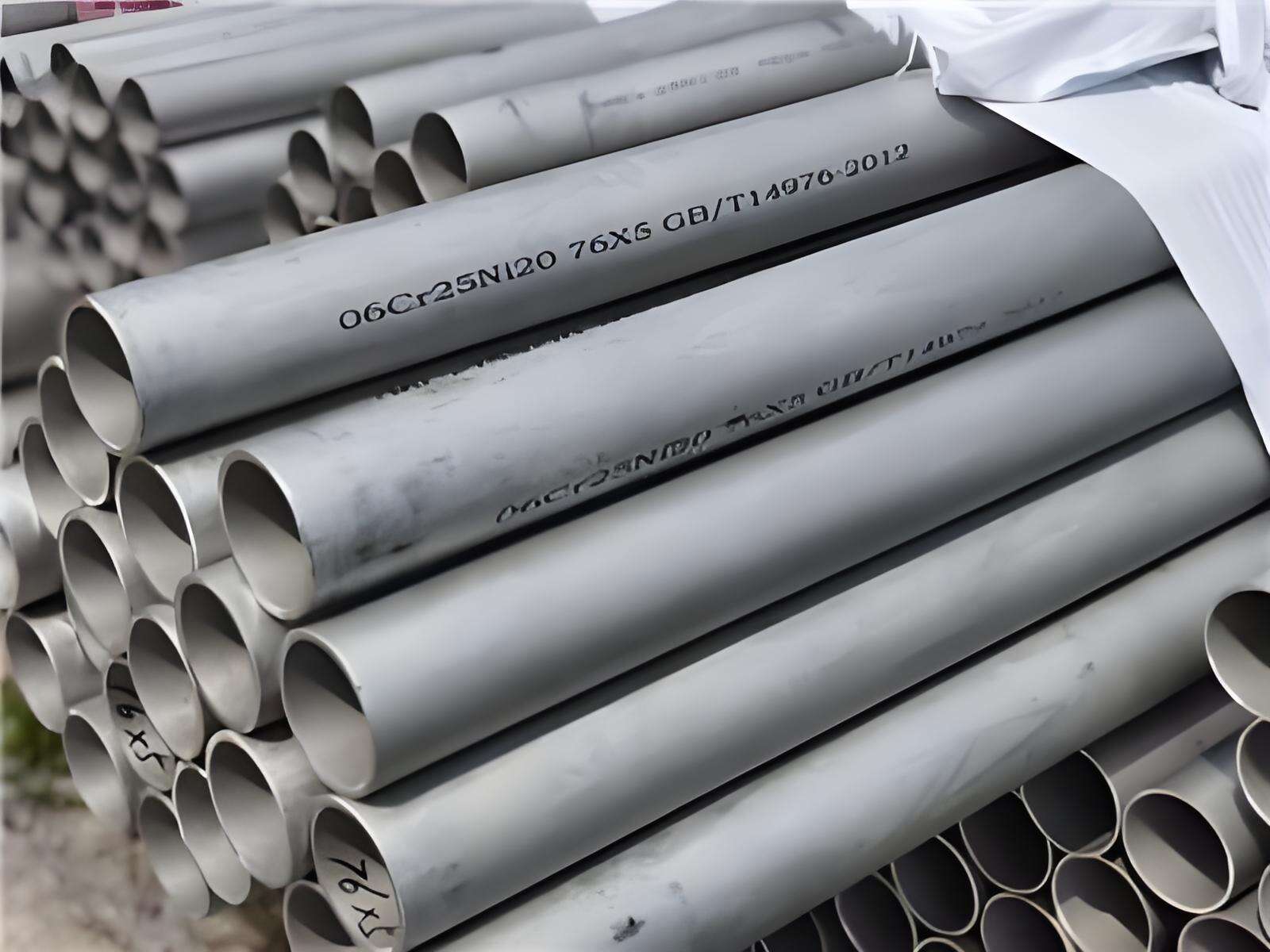spiral welded steel pipe
Spiral welded steel pipe represents a significant advancement in pipeline technology, manufactured through a sophisticated helical welding process that transforms steel strips into robust tubular structures. This innovative manufacturing method involves continuously feeding steel coil through forming rolls, creating a spiral seam that maximizes material efficiency and structural integrity. The pipe's diameter can range from 16 inches to over 100 inches, offering exceptional versatility for various applications. These pipes feature remarkable pressure resistance and structural stability, making them ideal for fluid transportation, including water, oil, and gas. The manufacturing process ensures uniform wall thickness and superior weld quality through automated welding techniques and rigorous quality control measures. The spiral configuration allows for optimal material utilization, reducing waste and manufacturing costs while maintaining high performance standards. Modern production facilities employ state-of-the-art technology for precise dimensional control and consistent weld quality, ensuring each pipe meets stringent industry specifications. The pipes undergo comprehensive testing, including ultrasonic inspection and hydrostatic pressure tests, guaranteeing reliability in demanding environments.


